In the aftermath of NYC’s heavy short-term rental restrictions, promises of increased rental inventory remain unfulfilled, highlighting the legislation’s miscalculation as rents continue to rise. The rich have gotten richer, while small homeowners have suffered.
Courtesy Kingsman Reports, distributed by NYC Newswire
New York City’s approach to addressing its housing crisis, specifically through the enactment of Local Law 18, which effectively bans most short-term rentals (STRs), has remained under intense scrutiny from New Yorkers, tourists, and seniors who are homeowners. Critics argue that while the law aims to bolster the city’s housing stock, it instead has levied a detrimental impact on small homeowners without making any tangible progress in the housing crisis.
Despite the enforcement of Local Law 18, rental rates in NYC have not plateaued; in fact, they have continued to climb. Apartment List’s rental index reported a 2.3% increase in December alone, contradicting the legislation’s intended effect. Advocates of Local Law 18 have claimed it would ‘create more housing stock’ by reining in STRs like Airbnb, but no such increase in apartment rental inventory has materialized. Tony Lindsay, President of the New York Homeowners Alliance Corp., a non-profit organization dedicated to homeowner rights, states, “That’s because short-term rentals weren’t the problem to begin with.”
Lindsay acknowledges that while the use of Airbnb for arbitrage by individuals leasing multiple apartments (sometimes dozens across the city), as well as the transformation of large apartment buildings into unauthorized hotels, contributed to the problem, they were minor compared to broader issues. Recent reports indicate at least 46,000 rent-stabilized units remain unregistered and absent from the long-term rental market. Lindsay argues that the hoarding of these apartments intended for the city’s housing stock—representing nearly half of all rental housing in NYC—has precipitated a shortage of available long-term rentals, leading to the incessant rise in rent. His claim is at least partly corroborated by Governor Hochul’s recent signing of legislation imposing $500 monthly penalties on landlords who fail to register their rent-stabilized apartments.
Further exacerbating the crisis, according to Lindsay, is the widespread construction of luxury developments throughout the city, which often lack sufficient affordable housing options. Local Law 18 has failed to address the real issues—issues rooted in decades of policy decisions favoring developers with deep pockets, often at the expense of the city’s lower-income residents. The legislation has not been a remedy but rather an aggravating factor in a city already bleeding from years of economic inequality.
For many New Yorkers, especially in lower-income neighborhoods, STRs have been a financial lifeline, allowing them to remain in a city that is becoming increasingly out of their economic reach. Yet, the Mayor’s Office of Special Enforcement (OSE) has set regulations that have stripped small homeowners, predominantly people of color, of this vital income stream. NYHOA, representing over 200 private homeowners, contends that the rules applicable to larger buildings and hotels should not apply to smaller, privately owned homes. “New York homeownership rates are already the lowest in the country, so protecting New Yorkers’ ability to keep their homes is crucial,” says Lindsay.
Moreover, these regulations have advantaged wealthy owners of Class B multiple dwellings, who now enjoy the privilege of advertising luxurious Airbnb listings at exorbitant nightly rates. Some of these buildings are allowed to use the condominium portions to rent out private residences as massive suites, for thousands of dollars per night. For example, owners of luxury units at Aman New York can now legally rent out their homes for short-term stays. But Aman isn’t alone. More and more NYC condos now come with new ‘STR hotels’ attached — meaning that they have the ability to roll out the same style of uber-luxurious short-term rentals, worry free. Meanwhile, most NYC Airbnb listings in poorer neighborhoods in the outer boroughs where there are fewer hotels, have been essentially banned, mainly due to onerous restrictions that Lindsay argues should never have applied to private homeowners.
“The conversation has been so focused on Airbnb that we’ve lost sight of the human cost of this legislation,” Lindsay laments. “We support the law as it pertains to the bad actors… But what do 1 and 2 family private homeowners have to do with that? We’re just trying not to lose our homes.” Beatriz Gomez from City Council District 26 commented, “As a single mother, I heavily rely on STR to help pay my bills and support my daughter’s education. My two-family property in Long Island City with a mortgage is the only thing I have, and it was my only source of income. Local Law 18 is destroying my family and my life.”
The OSE has approved a mere 22% of the approximately 5,000 STR applications submitted, leaving only 1,211 registered STR hosts in NYC—a significant drop from the over 40,000 listings present at the start of 2023. The daunting application process and its requirements have effectively excluded most small homeowners, evident in the fact that only a third have even attempted to apply.
“People once complained that there were more Airbnb listings than available long-term apartments,” says Lindsay. Yet, this was during a time when over 60,000 rent-stabilized units were simultaneously reported to be intentionally withheld from the market, and REITs were buying up swaths of residential properties in neighborhoods like Bushwick and Bed-Stuy, Brooklyn.”
Lindsay is now spearheading a legislative proposal to the city council, which he describes as a “common sense solution” to the imbalances wrought by Local Law 18. His goal is to shed light on the true impact of the law, especially on marginalized communities. “After the 2007 mortgage crisis, Black homeownership plummeted by 50%. The lockdowns saw almost half of Black businesses shutter permanently. Our homes are all we have left, and Local Law 18 is threatening even that,” he emphasizes. “The Black homeownership rate is the lowest in the country, and if our elected officials are serious about staving off a housing crisis, the last thing they should do is put more Black people in the position to lose their homes.”
RELATED ARTICLES






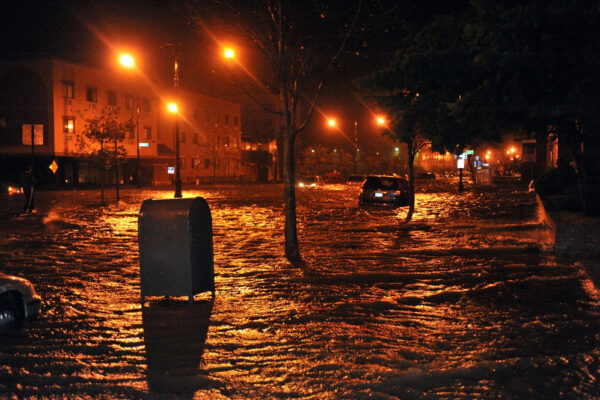
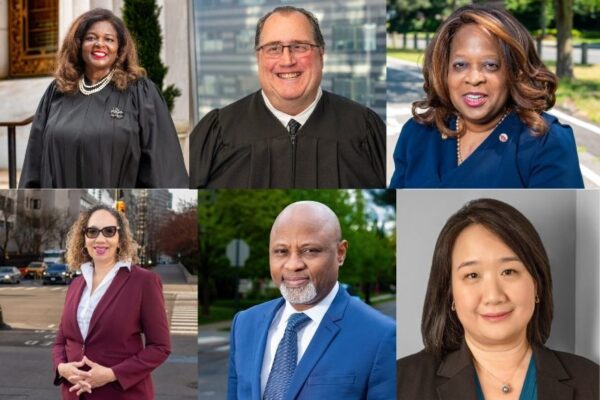
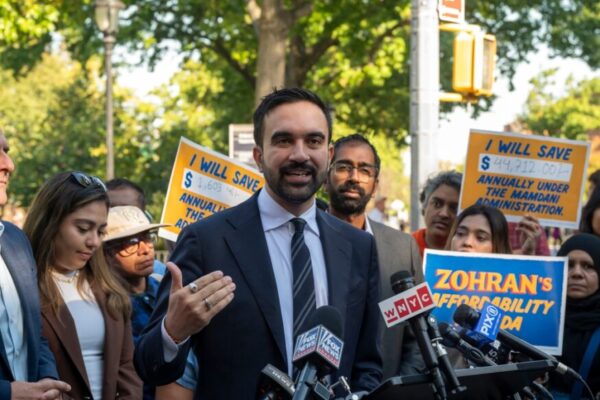
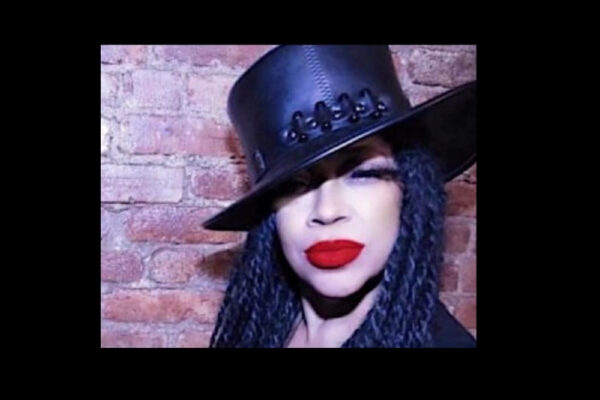
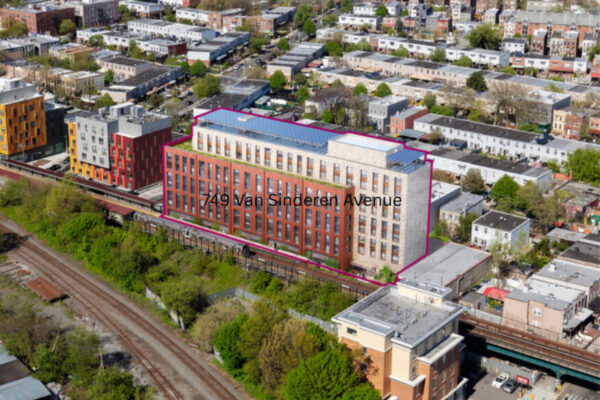


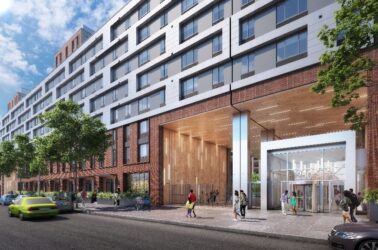



Leave a Reply